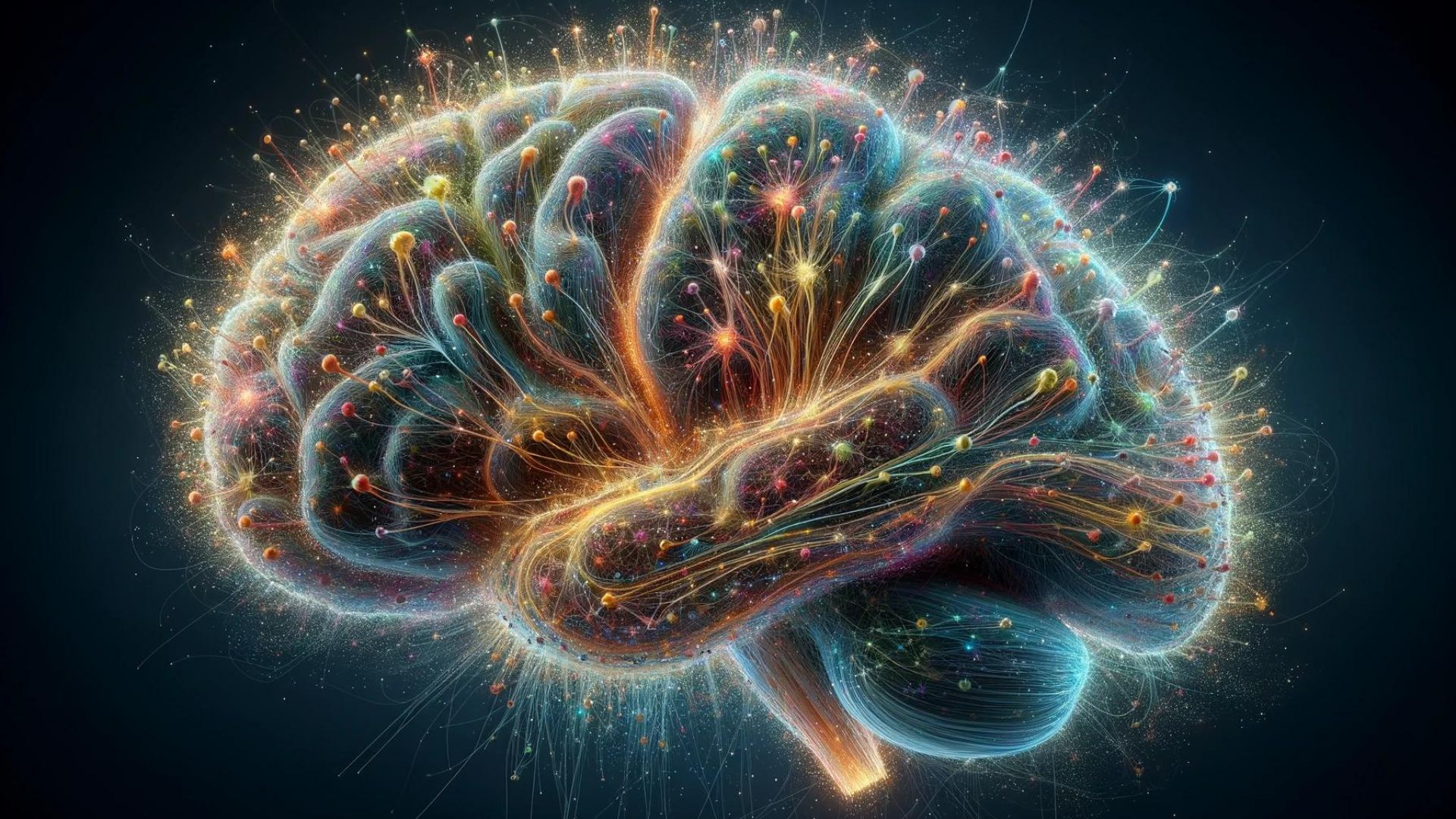The Astonishing Architecture of Your Brain
Did you know that you’re carrying around one of the most complex structures in the known universe? Your brain, a marvel of biological engineering, contains a mind-blowing network of approximately 86 billion neurons. These specialized cells are interconnected by trillions of tiny junctions called synapses, forming a vast and intricate web of communication.
What are Neurons?
Think of neurons as the messengers of your brain. They look a bit like miniature trees, with root-like projections called dendrites and long branches resembling an axon. Neurons use electrical and chemical signals to receive information through their dendrites, process it, and then transmit the processed information out through their axons.
What are Synapses?
Synapses are the tiny gaps between neurons where the magic of communication happens. When an electrical signal reaches the end of an axon, it triggers the release of chemicals called neurotransmitters. These neurotransmitters float across the synapse and bind to receptors on the dendrites of the next neuron, either exciting it or inhibiting it. This process is how messages are passed throughout the intricate web within your brain.
The Power of Networks
The sheer number of neurons and synapses in your brain is what gives it its incredible processing power. This complex network allows you to:
- Think and reason: From solving complex problems to making everyday decisions, your brain’s network is behind your every thought.
- Learn and remember: Synapses can change in strength over time, forming the basis of learning and memory.
- Perceive the world: Your senses send signals to your brain, where they’re translated by neurons into sights, sounds, smells, tastes, and feelings.
- Control your body: Neurons fire to send signals to your muscles, making movement possible.
Beyond the Basics
While we’ve covered the fundamentals of neurons and synapses, neuroscientists are still unraveling the vast mysteries of the brain. There are many different types of neurons, each with specialized functions. Scientists are also interested in how brain networks form and change, which has implications for understanding diseases like Alzheimer’s and how we learn.
The Brain: A Universe Within
The next time you have a thought, feel an emotion, or simply take a step, take a moment to marvel at the extraordinary network within your head. Your brain, with its billions of neurons and trillions of connections, is the biological foundation for everything that makes you, well, you!












0 Comments